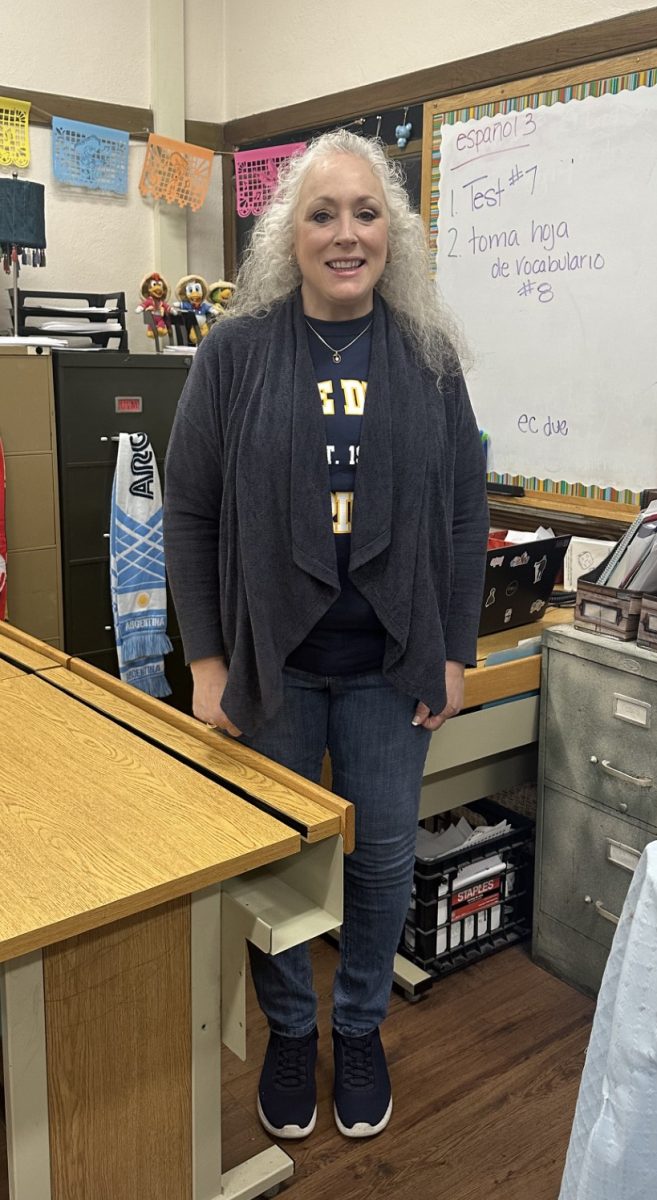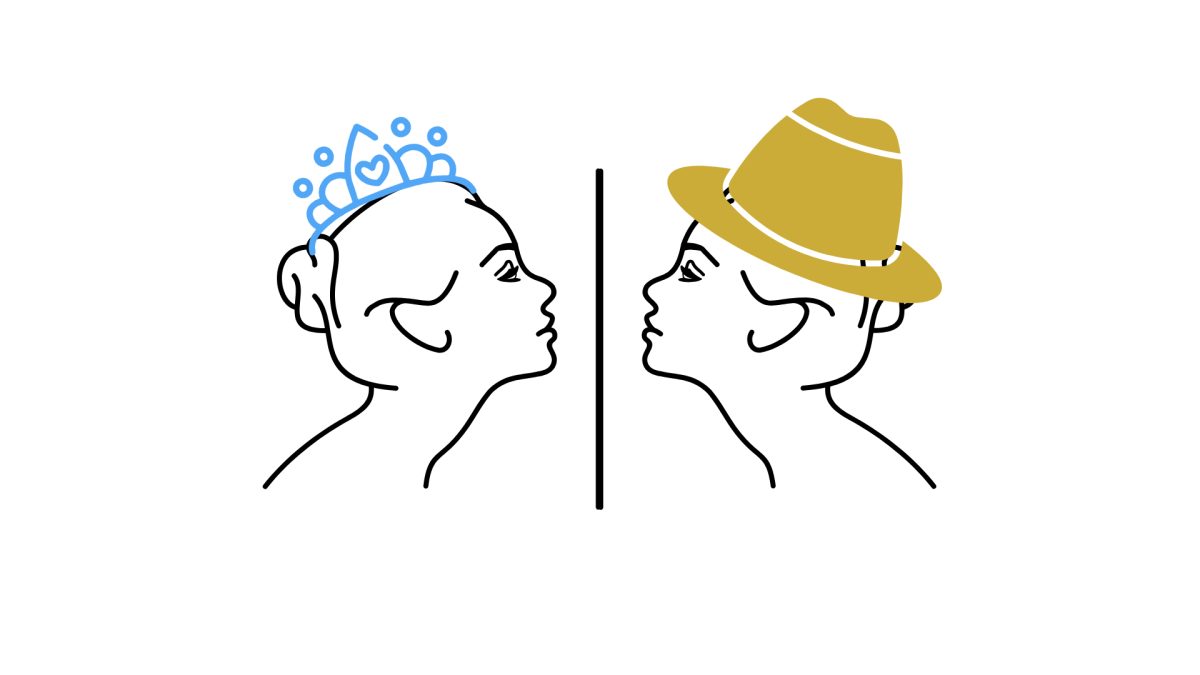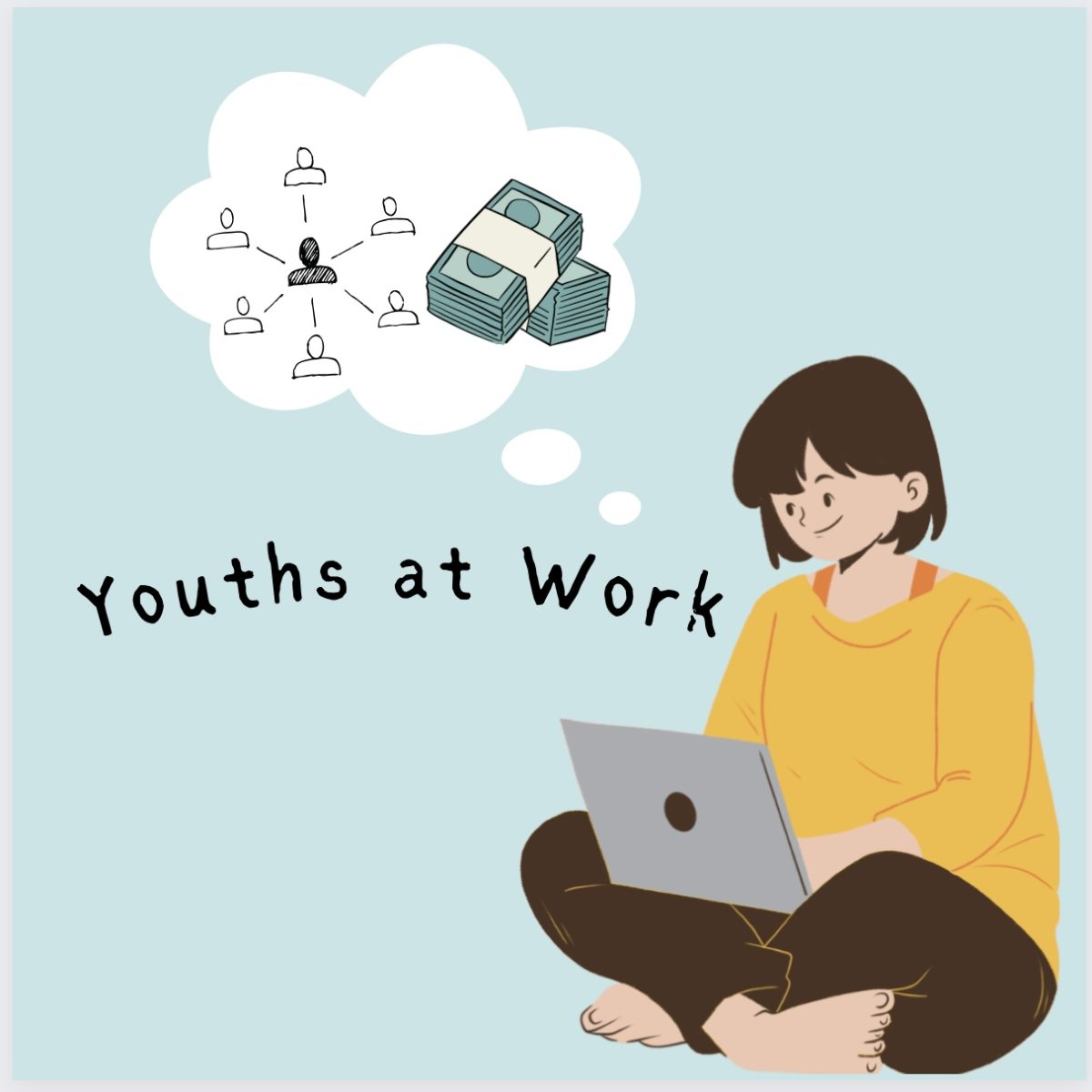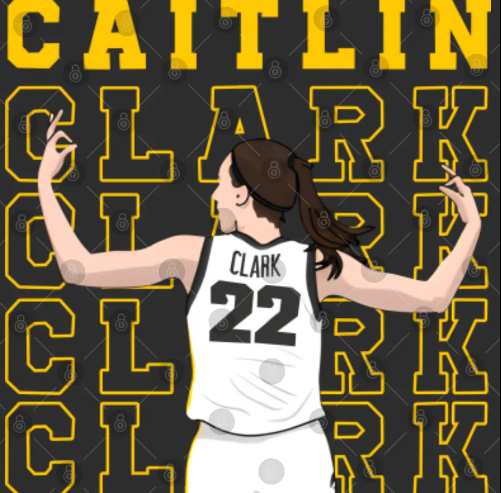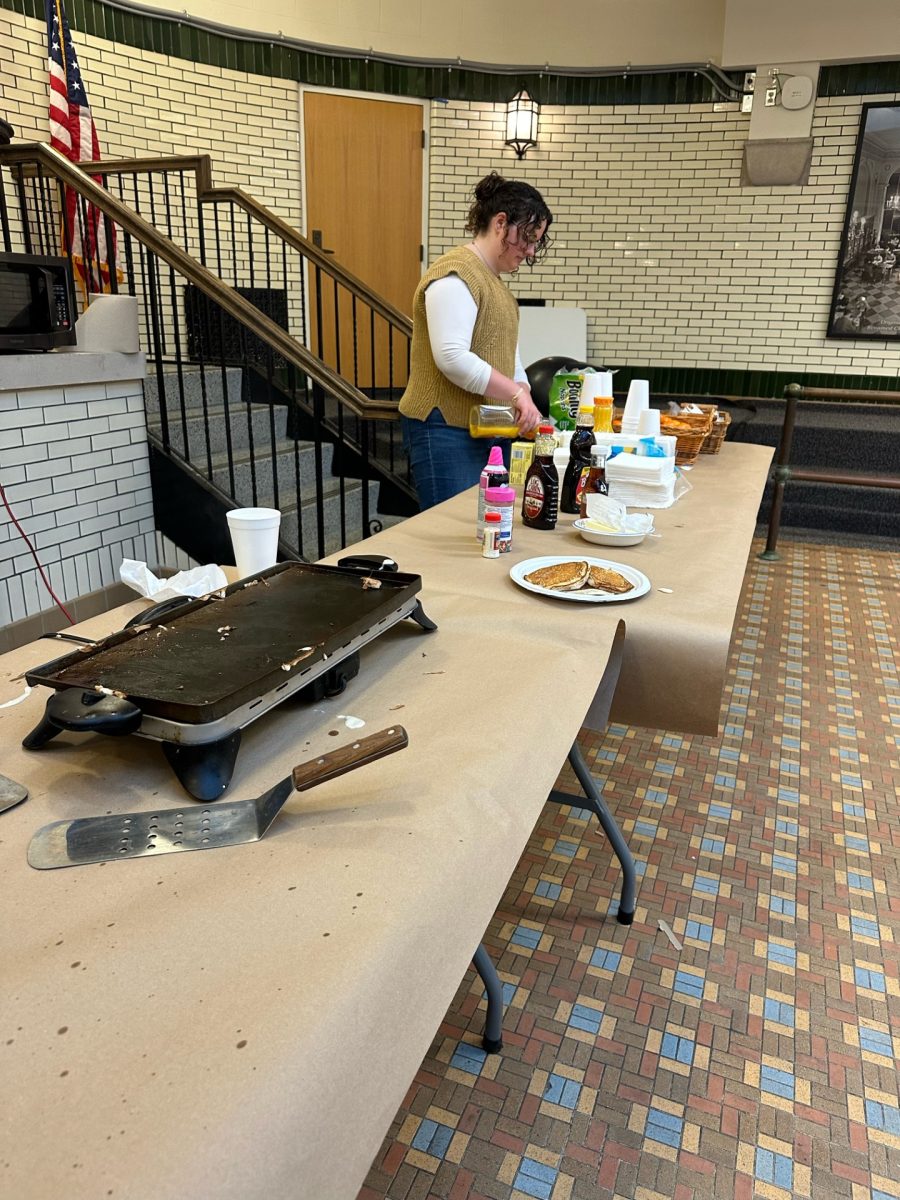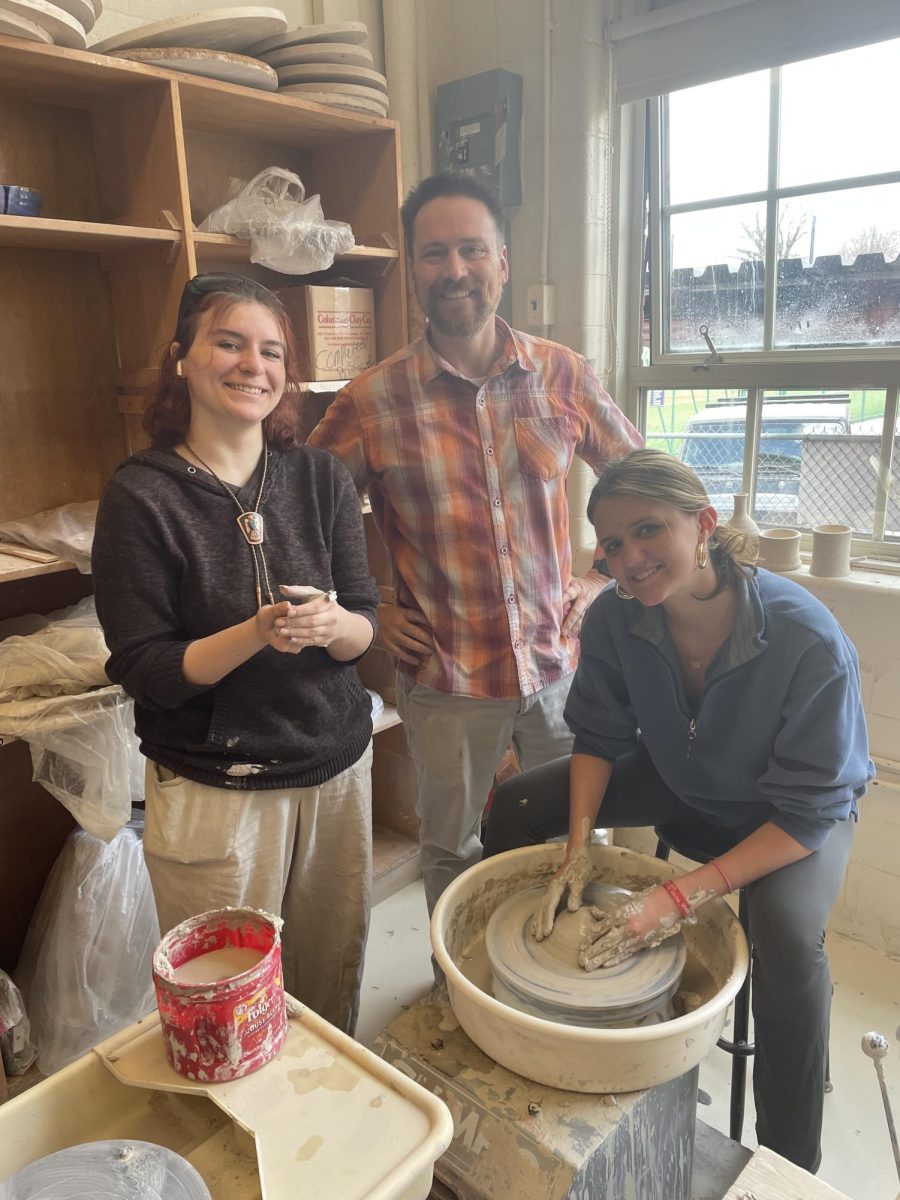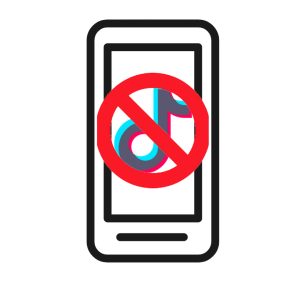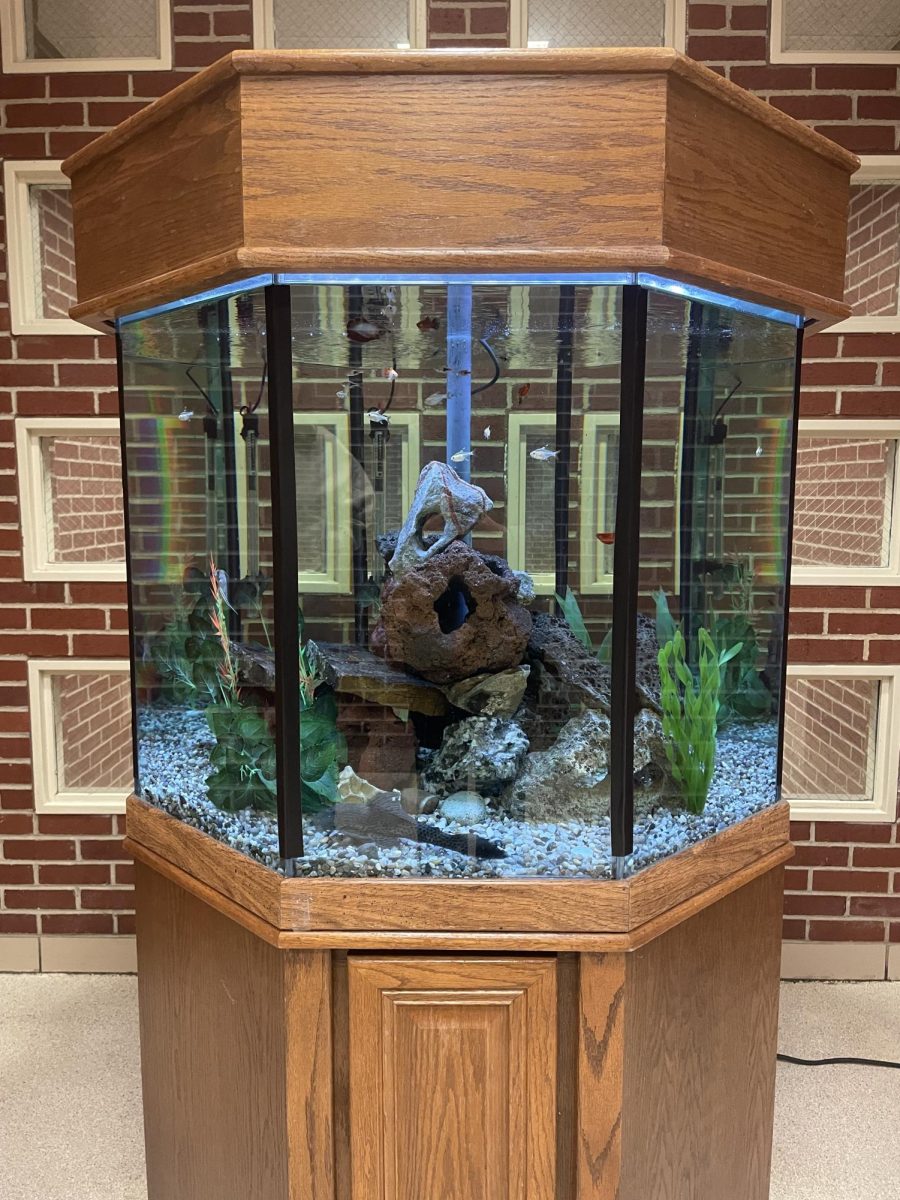By Julia Fox ’16 | Copy Editor
*The names in this article have been changed to protect the privacy and identity of the students interviewed.
Wake up, go to school, come home, sleep. Wake up, go to school, come home, sleep. It was constant, it was empty and it was too much. She couldn’t handle it anymore.
“I put myself in my closet,” Jenna Tristan* said. “I put blankets over me, then I slammed my head against the wall to try to knock myself out and suffocate myself under the blankets. My parents found me in my closet because I had texted a couple of my best friends ‘I love you, thank you so much’. Kind of a ‘goodbye’ thing.
One of Tristan’s friends called her mom.
“She was like, ‘you need to find Jenna now’,” Tristan said. “They found me in my closet unconscious and took me to the ER. I was transferred to the psychiatric unit the next day.”
Depression has been a perpetual shadow in Tristan’s life for three years. But through the highs and lows of life with depression, she has done her best to remain strong.
According to the National Institute of Mental Health 11 percent of teens will have depression by age 18, females more often than males. Suicides due to depression are the second leading cause of death from ages 10 to 24 with approximately 5,400 attempts everyday in students grades seven to 12, the Jason Foundation reports.
“Research shows that 80 percent of people will be depressed at some point in their lifetime,” clinical psychologist Dr. Demetrius E. Ford said.
While it may not be a serious case of depression, he said it will most likely occur within most of the population’s lifetime one way or another.
“I started noticing it slightly freshman year but second semester sophomore year it really hit me hard,” Tristan said. “Nobody really noticed it at first. My parents just took it as behavioral issues because I would be angry and upset all the time, and they thought I was just some surly teenager. But I started cutting myself, and that’s when I knew I needed to talk to someone.”
Similarly, Rachel Silvon’s* depression really started developing at the beginning of her freshman year when school started to become stressful.
“It didn’t really hit me until high school,” Silvon said. “I got into moods all the time, and I would cry a lot. I wouldn’t be thinking happy thoughts, and it was a really hard time in my life. That’s when I realized I needed to get help to make myself feel better because that’s not what life should be like.”
It’s important to recognize the signs, Ford said. Signs include whether or not a teen is going to school, if they’re eating or sleeping normally or if they seem generally sad. It is also important to look at their background. For example, if the teen has experienced the death of a significant family member, they might be more likely to be depressed.
However, the reasons behind depression are different for everyone.
For Silvon, the beginning of high school meant disconnect and loss of confidants.This proved to be a major cause of her depression.
“Even though I was surrounded by people at school, I felt separated from them,” Silvon said. “I was in the process of losing my friends and didn’t have many people to confide in. It was hard for me to transition and that never really went away. I still don’t feel connected to a lot of people in this area.”
While Silvon was having trouble at school, Tristan was having trouble at home.
“A lot of it had to do with my dad, because we don’t get along,” Tristan said. “He would just always tell me, ‘You’re just a mediocre kid, you’re a mediocre student, you can’t do anything right, you’re never going to get into a good college, you’re never going to have a good setup for life’. I could never fill the standard that he had set for me. Every time I got close to this bar that he had put there, he would raise it and I could never get there.”
She started to believe what her dad told her, Tristan said. Because of those feelings, during her sophomore year she started looking to self-harm as a way to battle her emotions.
“I started cutting for two reasons,” Tristan said. “I started believing I was worthless and it made me depressed, and when he (her dad) would sit there and lecture me and scold me I would pinch myself to focus pain somewhere else instead of this internal pain. I could focus on the physical pain. Then I thought, ‘Maybe it could work all the time’.”
Self-harming like this can not only be a way for people to focus on pain other than their emotional pain, Ford said, but it can also be a cry for help. Some people self-harm because they feel depersonalized and the pain makes them feel real. Others self-harm because bringing pain to themselves prevents them from bringing pain to others.
“It’s an external manifestation of an internal problem,” Ford said. “It’s a cry for help because they want someone to see it, therefore they’ll be able to address the real problem they’re having.”
On particularly bad days, Silvon tried self-harm as an outlet for emotional pain, she said.
“There was a brief time where I would cut myself or I would bite myself, just because it would make me feel better,” Silvon said. “I was feeling so much pain emotionally that I wanted to feel pain physically to take away from the emotional pain. It didn’t help at all. Maybe it made me feel a little better temporarily but not in the long run. I felt guilty about it. I realized it wasn’t helping in any way, shape or form.”
Her own mentality is a large part of bad days for Silvon, she said.
“I’m very self-critical, every little thing that goes wrong I bully myself about,” Silvon said. “I’m a perfectionist, so it’s really hard for me to deal with things going wrong. I like to be in control a lot, so whenever I lose that control I freak out.”
Tristan experiences some of the same feelings, she said. But her worst days were during the end of her sophomore year, and it began taking a major toll on her life.
“Before it peaked and got really bad, I just put on this facade for social engagements,” Tristan said. “If I was out with friends, I would fake laughter and smiles because my dad would always be like, ‘Even if you’re unhappy, just put a smile on your face and act happy because no one wants a surly, bratty teenager’. So I would just put on a happy face even though I felt like crap inside. I would fake it.”
That’s when things started getting really bad, she said. Life with depression became a constant routine of just surviving the day.
“I hated everything and I was miserable,” Tristan said. “I felt like a robot. I would get up, get dressed, drag myself to school, not pay attention in any of my classes, then come home and sleep. I wouldn’t eat, I would just sleep. Then I would wake up and do it the next day. I wouldn’t do my homework because I had no motivation, so my grades plummeted. I had thrown my hands up and said, ‘I’m done. I can’t do this anymore.”
After living like this for a few months, one week before her sophomore finals, Tristan said she came home from school to go to sleep as usual, but this time she decided she wanted to go to sleep and never wake up. This was her first of two attempts to take her own life.
“There were no feelings inside. I was so empty, so lethargic, just nothing,” Tristan said. “So I got in bed and piled a ton of blankets over my head, and I curled up under them and fell asleep. I was planning on never waking up because I was going to suffocate in my sleep. But natural body instincts started waking me up when I couldn’t breathe. Before I had completely come to I had shoved all the blankets away and I was getting air back into my lungs. Then I realized, ‘Crap. I just ruined my whole plan’.”
It took her a month to admit to her parents that she had attempted to end her own life, she said. It was extremely difficult, but she got through it and started getting more help.
“I go to therapy now, and it helps so much. I’m just making sure to be 100 percent truthful and upfront and make sure I’m going to all my sessions. I love my therapist. She’s like my best friend. I tell her everything. She helps me so much, and I’m in a lot better place now.”
Silvon also started seeing a therapist for her depression, she said. She saw her therapist for about a year and a half and she said it really helped her understand why she was feeling the way she was and what her major triggers were. It also helped her find ways to lift herself out of her more depressed states and stay more positive.
“For the longest time I bottled up my feelings and never really resolved anything,” Silvon said. “I think being able to talk about it is the biggest step in dealing with it. The more you acknowledge it, the better you’ll feel and the more you’ll be able to move out of those places.”
Students can find help for themselves at school with their counselor or by talking to an adult they trust, Ford said. It is very important to address an issue if a student thinks they have one. Getting help can mean the difference between life and death.
“Since I’ve gotten help, I’ve come full circle,” Tristan said. “I’m a much happier person now and I love life so much.”
While there are good days and bad days, both Tristan and Silvon agree that depression is a permanent aspect of their lives.
“I have clinical depression, so it’s not going away,” Tristan said. “It’s always going to be there lingering. Sometimes it spikes and things trigger it. For me, it comes in waves and depending on how hard the wave is, it can either be really bad, and I can get into a really, really depressed state where I’m super sad all the time and I hate myself and I hate life. Or it can just be a little gloomy but nothing too serious, just kind of down and out of it.”
Depending on the stress in her life, or other triggers, Silvon said her depression fluctuates, but it always comes back.
“Right now I’m in a stable place but when things get stressful it always comes back,” Silvon said. “But I’ve learned a lot of ways to combat it and to help myself get out of those moods more easily.”
Despite the fact that both Silvon and Tristan have learned better ways to cope with their depression and pull themselves out of low places, both agree it is important to remember that no one knows what is going on below the surface of anyone else.
“On the exterior, people wouldn’t think twice about me,” Silvon said. “I was just a normal person, but after a long day at school I would just go home and cry. It’s hard to judge people based on their exterior when you don’t know what’s going on in their head. Everybody deals with something different.”
With depression being such a serious and prevalent issue, Ford said it is important for students to monitor each other.
“Students need to look out for each other,” Ford said. “They should mentor each other. Things can happen really fast, and sometimes it might be a little too late.”


